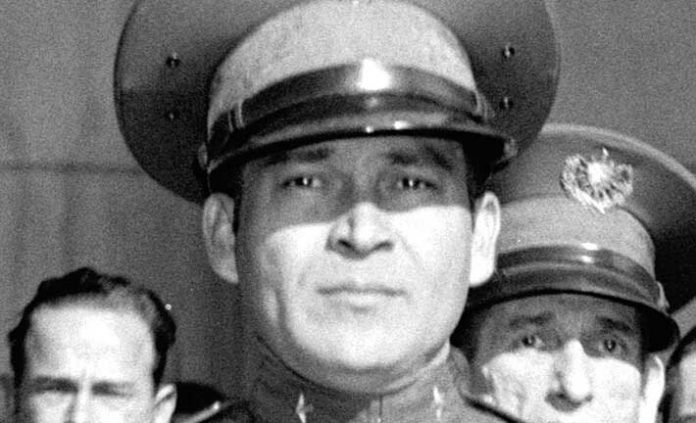Six decades of indoctrination can somewhat distort our view of the past.

14ymedio, Yunior García Aguilera, Madrid, 5 May 2024 — Fulgencio Batista landed a major role in the soap opera that is Cuba on September 4, 1933, during the Sergeants’ Revolt. He went on to become its biggest star, earning the grandiose nickname The Man. How could an unknown sergeant go from bit player to leading man? How did a short peasant with a ruddy complexion manage to dominate the front pages during several chapters of our nation’s history?
His father, Belisario, fought in the Cuban War of Independence. In spite of being illiterate, he managed to educate his son while regaling him with stories of battlefield exploits. Little Beno’s first teacher was a girl from the village. Though not actually a trained educator, she did teach children to read. He would later enroll in a run-down Quaker school. After a day of cutting sugar cane and doing household chores, the boy would study at night. There are photos of him working as a tailor or carpenter, before he had any hint of a mustache.
His mother Carmela, by contrast, was a deeply religious woman. Batista would recall, however, how level-headed she could be, taking him in 1910 to watch the path of Halley’s Comet rather than succumbing to the fear and superstition which led the town’s other residents to hide under the covers at the time. He would lose her five years later when he was just fourteen years old.
There are photos of him working as a tailor or carpenter, before he had any hint of a mustache
A fan of the railroad, the young Batista managed to become a conductor though his true


